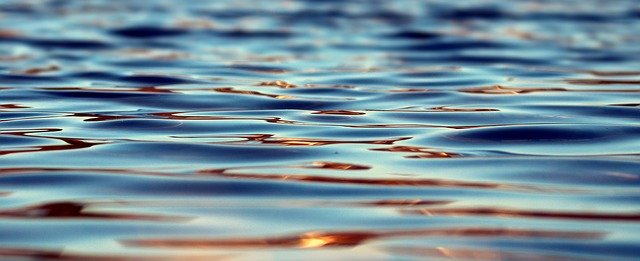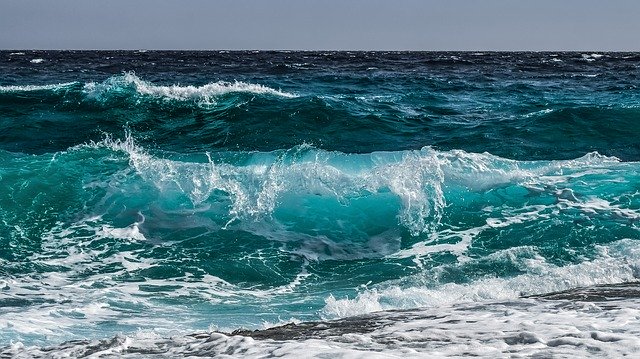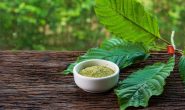
Dairy Water Treatment
While you were out at the grocery store, you happen to pass through some of the aisles and decide to buy a gallon of milk for your family. Milk and milk products are known to contain vitamins and minerals that help build and maintain a healthy body.
The importance of milk as a nutritious food source is just as high as the people who collect the milk from the dairy farm. Milk is protected from all of those contaminants that might spoil it. Dairy farmers must maintain a high standard for their milk production so they make sure that the water they use is clean. They also make sure that the water they dispose of has been carefully treated before it is released to the public sewage system.

The treatment of dairy water is just as important as the milk products that the dairy farms produce each day. A good method for the treatment of dairy water must be in place and practiced to make sure that all dairy products are bacteria free.
The water that the animals in the dairy farms drink should be just as safe as the water that is being drunk by humans. It is extremely important that the animals do not get sick from water-borne diseases. According to an article written by Mr. Jim Linn, it lessens the amount of milk that is produced by cows. The treatment of dairy water should not just be focused on the wastewater but also on the water that the cows drink.
Dairy farms have their own unique way of treating wastewater. One of the most common treatments of dairy water is the use of an on-site lagoon. The wastewater that is collected from the dairy farm is set apart from the solid waste that is collected. The solid waste is then recycled and reused as mulch or as animal feed and the water is put into the artificial lagoon. The water then undergoes an anaerobic process where the microorganisms break down due to a lack of oxygen.
This method of treating water in this way takes several months before it is fully treated. This manner of treating the water can sometimes produce a foul smell and possibly pose other health hazards. Treating dairy water in this way can cause wastewater seepage to other ground water sources which will probably contaminate them. Most of these systems are from Culligan water softeners. Generally, Culligan water softeners are one of the most complete in the commercial setting.

Regardless of what kind of treatment is used for dairy water, the dairy farm should get the maximum profit from its operation and not have to sacrifice the quality of milk and milk products. It is also very important to protect the health of the farmers, cows and residents of neighboring areas.




